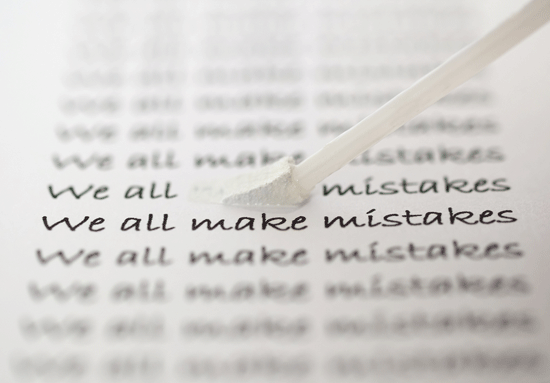 I'm living about nine blocks from the stadium of Oaxaca's triple-A team, the Guerreros. This weekend, my classmates and I decided to catch a game there. As an academic tourist studying the intersection of tourism and cross-cultural interaction, there was something very meta about being American tourists at a Mexican stadium watching a baseball game. And it got significantly more meta when our group switched from spectators to spectacles.
I'm living about nine blocks from the stadium of Oaxaca's triple-A team, the Guerreros. This weekend, my classmates and I decided to catch a game there. As an academic tourist studying the intersection of tourism and cross-cultural interaction, there was something very meta about being American tourists at a Mexican stadium watching a baseball game. And it got significantly more meta when our group switched from spectators to spectacles.You can read two detailed, and less academic accounts, of the fiasco here or here, but the quick version is this: Our group was approached by one of the team's cheerleaders, requesting eight of us to participate in a mysterious activity. The stadium was fairly empty, and if we weren't the only gringos in the stadium, we were definitely the most conspicuous, so the fact that we'd be singled out for potential humiliation was on all of our minds, but most of us took a life-is-for-living attitude and joined her in the dugout.
It turned out to be a typical ballpark game--put your forehead on a bat, spin until your dizzy, then try to run in a straight line. It was silly and embarassing, and at least one of us keeled over, but it was all in good fun.
Then we had to walk back to our seats, past the majority of the stadium. While many of the spectators whistled or hollered supportive comments, a few of us heard cries of "Arizona! Arizona!" There actually are a few people from Arizona in our program, and I was initially impressed by the crowd's ability to determine our states of origins, until more savvy students pointed out that they were probably expressing their disapproval of Arizona's new legislature, which I've blogged about before.
This was slightly disconcerting, as there's not a person in our program who approves of the law. But as American citizens abroad, we are representatives of the nation, and that means we represent its policies--even the ones we don't approve of. It was another reminder that foreign policy is an incredibly influential part of public diplomacy.
The sight of six dizzy students in jeans and tee-shirts lurching across a field doesn't exactly reinforce the imagery of a hemispheric hegemon imposing its policies and attitudes on its neighbors, but for some members of the crowd, our physical appearance was enough to mark us as Americans, and our nationality was enough to inspire disapproval.
Obviously some US (and state) policies are going to be unpopular abroad. You can't please everybody all the time. But I think this situation makes a good case for the inclusion of PD professionals in policy formation.
I'm tough enough to take a little cat-calling, but it occurred to me that in a different setting, under different circumstances, US policies could inspire more than a few whistles and jeers. The purpose of public diplomacy isn't simply to promote US foreign policy abroad, but to inspire goodwill towards the nation and its inhabitants. As an American abroad in a friendly state, I'd recommend holding off on the "Mission Accomplished" banner for this task.







